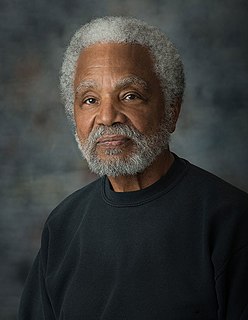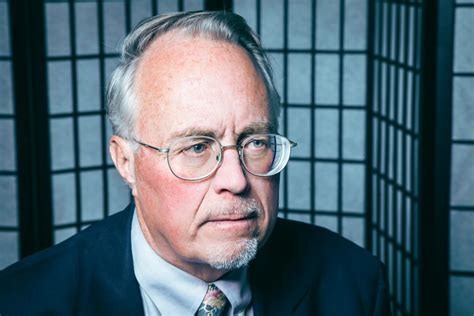A Quote by Simon Sinek
I have been inspired by Martin Luther King and how he inspired a movement. I have learned that a cause must be organic; if it is to have an impact it must belong to those who join the movement and not those who lead it.
Related Quotes
Martin Luther King really was a safety valve for white people. Any time it appeared that the black community was on the verge of really doing what we ought to do based on having been attacked, they put Martin Luther King on television. He was always saying, "We must use nonviolence. We must overcome hate with love." White people loved that. That's why they gave him a Nobel Prize. But when Martin Luther King started condemning the Vietnam War, that's when white people turned against him.
What is accurately portrayed is the rich humanity not just of Martin Luther King but of the movement, which was a multiracial movement. You had blacks and whites coming together and sacrificing, organizing and mobilizing the world. That's the first time we've had collective action put at the center of any kind of portrayal of Martin King on the screen.
The art of leadership is a serious matter. One must not lag behind a movement, because to do so is to become isolated from the masses. But one must not rush ahead, for to rush ahead is to lose contact with the masses. He who wished to lead a movement must conduct a fight on two fronts--against those who lag behind and those who rush ahead.
I remember back in the 1960s - late '50s, really - reading a comic book called 'Martin Luther King Jr. and the Montgomery Story.' Fourteen pages. It sold for 10 cents. And this little book inspired me to attend non-violence workshops, to study about Gandhi, about Thoreau, to study Martin Luther King, Jr., to study civil disobedience.
The anniversary of the Montgomery boycott was being celebrated, and the handbill that was out, and all whatever literature that was circulated, didn't say practically anything about movement or what the movement stood for, what it had done, or anything, but was simply adulation of the leader, you know, [Martin Luther] King.
"March" was inspired by "Martin Luther King and the Montgomery Story." I actually first heard about that comic from John Lewis, who told me that it played an important role in the movement. And so once he told me about that, it made me start thinking, "Well, why doesn't John Lewis write his own comic book?".


































